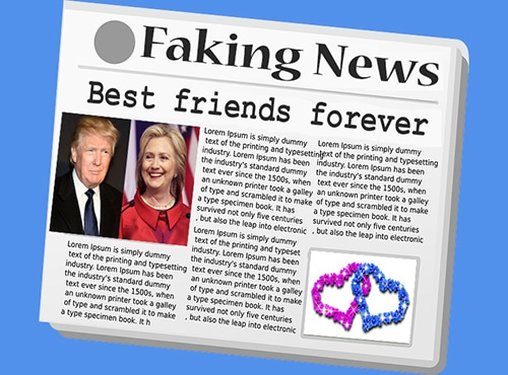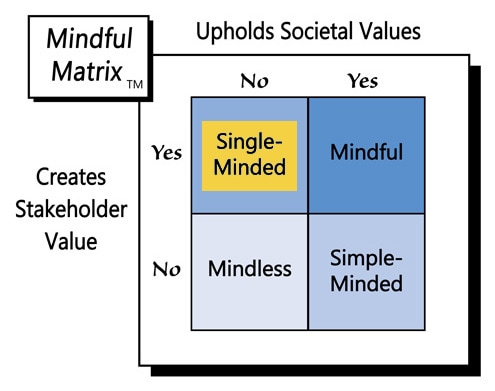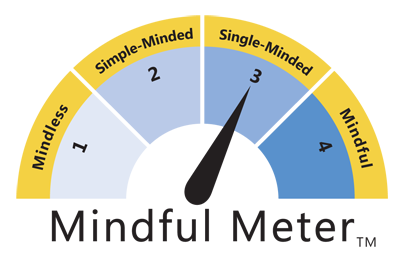Before tackling those questions, some context is important. If you’ve followed real news over the past year, you know that fake news has multiplied in frequency and impact. The recent presidential election, especially, unleashed a barrage of fake news stories that contained enough fanciful “facts” to grab people’s attention and trigger strong emotional responses, for instance:
- “Tens of Thousands of Fraudulent Clinton Votes Found in Ohio Warehouse.”
- “Trump to Release Secret Document that Will Destroy Obama!”
- "Donald Trump Protester Speaks Out: 'I Was Paid $3,500 To Protest Trump's Rally.' "
While some have suggested that fake news stories helped swing the presidential election, others have argued that “the role of social media was overstated” and that “few Americans actually recalled the specifics of the [fake] stories and fewer believed them."
The debate over fake news’ impact on the 2016 election may never end; still, it is possible to identify specific cases in which fake news has led individuals to take extreme action. On December 5, a fake news story about an alleged child abuse ring at a Washington DC pizza parlor led Edgar Welch to drive six hours from his home in Salisbury, NC to investigate. Welch arrived at the restaurant with an assault rifle and fired several shots before police arrested him. Fortunately, no one was injured.
Although Welch’s reaction to fake news was exceptional, it does exemplify why many people believe that this pseudo journalism is a growing danger for society. Pope Francis has even spoken out against fake news, saying that the spreading of disinformation is a sin that represents “probably the greatest damage that the media can do.”
But why exactly is fake news bad? As mentioned at the onset, we accept many other things that are imitations; why can’t fake news fall into those same categories?
A main reason is that fake news flies in the face of what news is fundamentally supposed to be--objective truth. Newspapers and other media often have separate opinion sections in which editors and others offer their subjective perspectives on issues. However, we expect the news itself to be an accurate and unbiased portrayal of facts—a plain and simple, “Here’s what’s happened.”
The Society of Professional Journalists expounds this standard of truthfulness in its well-known Code of Ethics, through the following specific mandates:
“Test the accuracy of information from all sources and exercise care to avoid inadvertent error. Deliberate distortion is never permissible.”
“Make certain that headlines, news teases and promotional material, photos, video, audio, graphics, sound bites and quotations do not misrepresent. They should not oversimplify or highlight incidents out of context.”
“Distinguish between advocacy and news reporting. Analysis and commentary should be labeled and not misrepresent fact or context.
Some may argue, however, that fake news doesn’t deserve to be held to these standards because it isn’t really news; rather, it’s satire or comedy. So, fake news should carry lower expectations, as do other things that are intentional facsimiles. For instance, people don’t buy fake flowers and expect them to smell like real flowers because they’re not real, they’re artificial.
The difference, though, is that fake news doesn’t openly admit that it’s artificial. Instead, it does everything possible to look like the real thing, without ever saying that it’s not. Most products that are simulations visibly label themselves as such, e.g., synthetic leather, imitation vanilla, etc., but not fake news. That’s why Facebook has begun enlisting users and fact-checkers to help it identify fake news, and why a team of very bright college students has developed an extension for Google Chrome called FiB that uses an algorithm to detect fake news.
Few people buy an artificial plant, take it home, try to water it, and only then realize that it’s not real. That’s partly because retailers don’t mix artificial plants in displays with live ones, use cryptic labeling, or otherwise attempt to mislead consumers. Fake news, on the other hand, does those very things. It intentional charts a fine line between fact and fiction. It aims to deceive.
Fake news exists for a variety of reasons, but one of the main ones is that it’s profitable. With an internet-connected computer and some web design skills, unscrupulous individuals can setup a fake news site that satisfies broad-based consumer desires for illegitimate information. And, where there’s web traffic, advertising often follows. All this makes for a simple yet effective business model that creates value for primary stakeholders: advertisers, the fake news purveyors, and many of the people who consume it.
Unfortunately, as this article has already suggested, fake news does not support societal values. Instead, by disregarding honesty and propagating lies, fake news wages war on truth—something critical to the functioning of every stable society. Those who create fake news, or otherwise support its dissemination, should do some serious soul-searching. More than outside intervention, such self-assessment is needed to bring an end to this destructive strain of “Single-Minded Marketing.”
Learn more about the Mindful Matrix and Mindful Meter.
Check out Mindful Marketing Ads and Vote your Mind!




 RSS Feed
RSS Feed